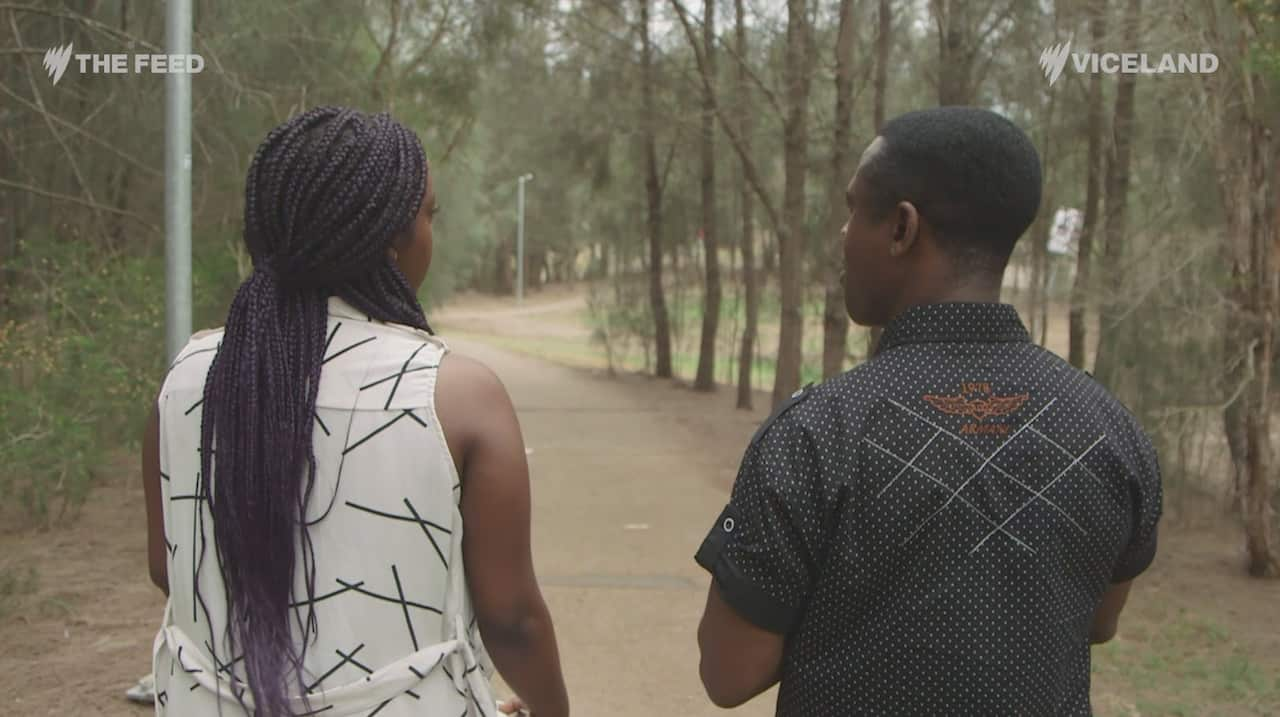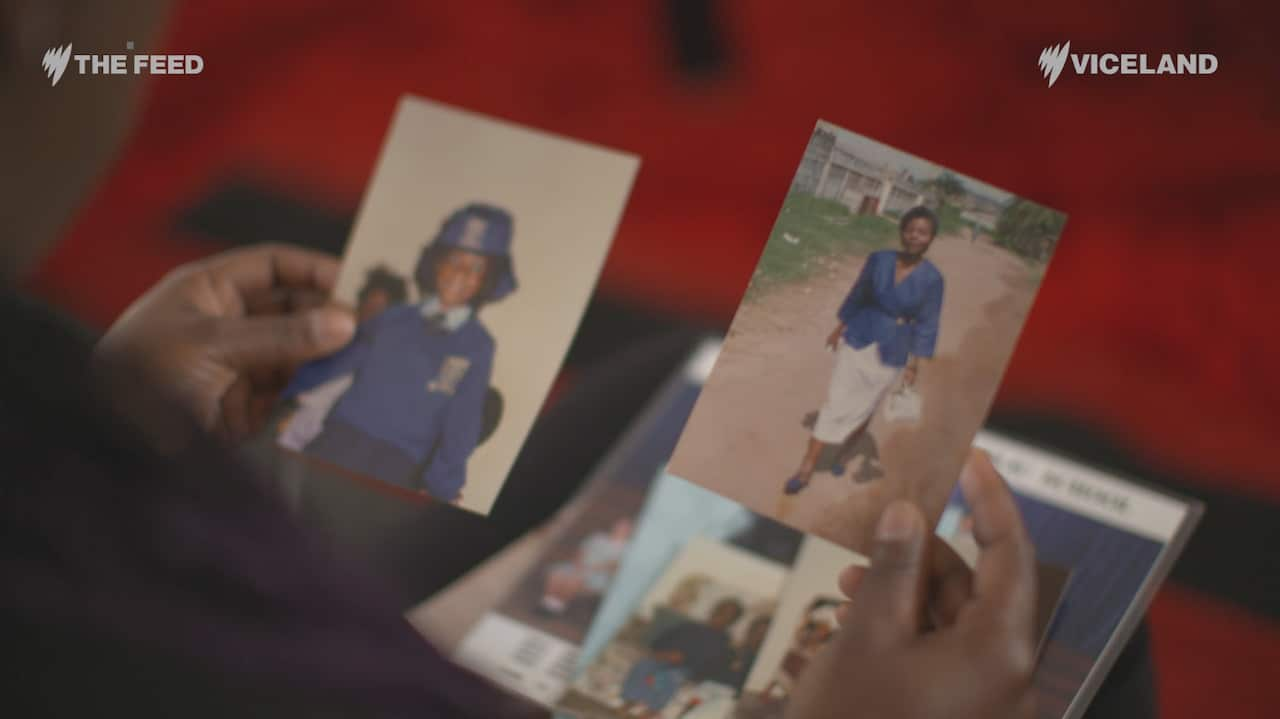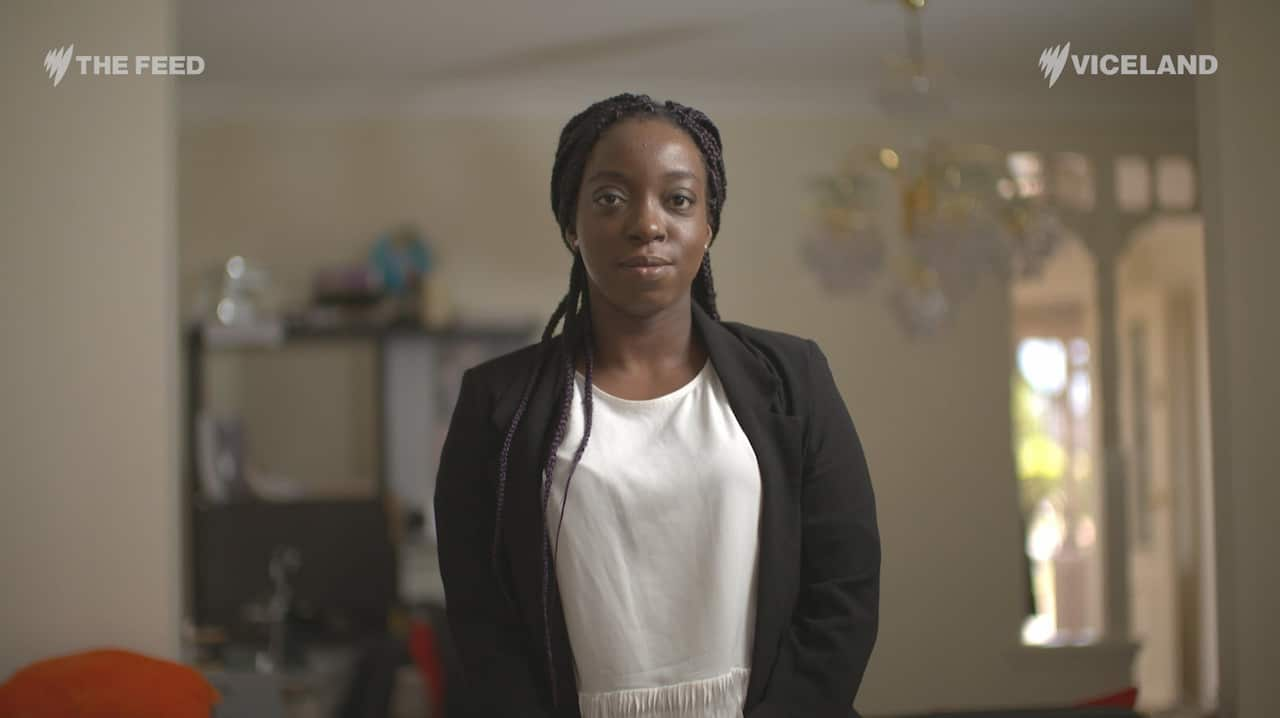It’s a phenomenon more common than you might think and in China, authorities say there are over 60 million children who are taken care of predominantly by their grandparents and rarely see their birth parents.
Nick Kowalenko from the Royal Australian and New Zealand College of Psychiatrists faculty and adolescent psychiatry chairman says there's very little Australian research in this area, but it is a regular occurrence.
“We don’t know the numbers but it does happen a lot,” he says.
“There are a hundred different reasons why parents might be sending their kids back for a short or long time.

“Most common in Australia, it’s about families deciding to make a priority about establishing themselves.”
That was the case for Francis Sarprong, who sent his daughter Nana back to Ghana when she was 9.
“It was a bit hard for me to look after Nana by myself because my ex took the other children and went away and there was no one to look after Nana for me when I was at work,” he says.
“So I spoke to my family back home and my sister decided to take care of Nana if I’m able to bring her home … I can do my work.
“It was a very hard decision. But the circumstance was such that there was nothing I could do at that particular time.

“I looked for help here but no one in our community was able to cater for Nana for me.”
It was tough time for Nana, too, who came back to Australia when she was 11.
“I was there until my dad decided to bring me back, really,” she says.
“It just … I guess it was more of a waiting game. I guess my family, to me, no one told me anything so I didn’t really know what was going on.
“I find it really difficult to relate to people. I always feel like something is going to happen where, we just, I don’t know ...
"I guess I have a sense of maybe a bit of a trust issue, a little bit of a sense of abandonment, so I don’t really tend to get close to people.
“For the most part I think I mask my emotions really well, so no one could tell what was going on."

Tune in to #TheFeedSBS at 7.30pm Monday - Friday on SBS VICELAND, stream live, or follow us on Facebook, Twitter, or Instagram.
Through award winning storytelling, The Feed continues to break new ground with its compelling mix of current affairs, comedy, profiles and investigations. See Different. Know Better. Laugh Harder. Read more about The Feed
Have a story or comment? Contact Us

